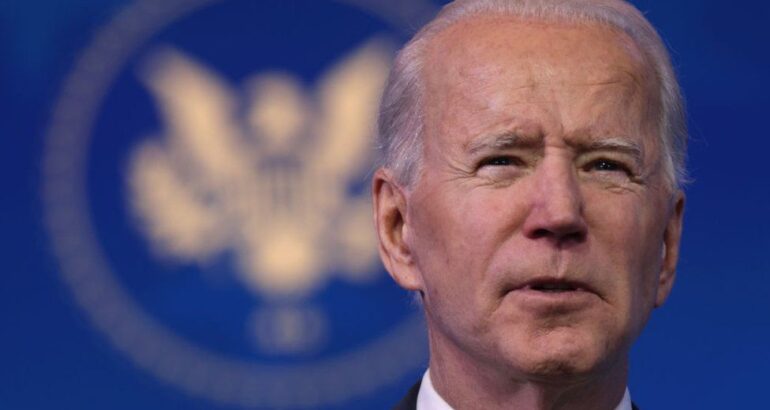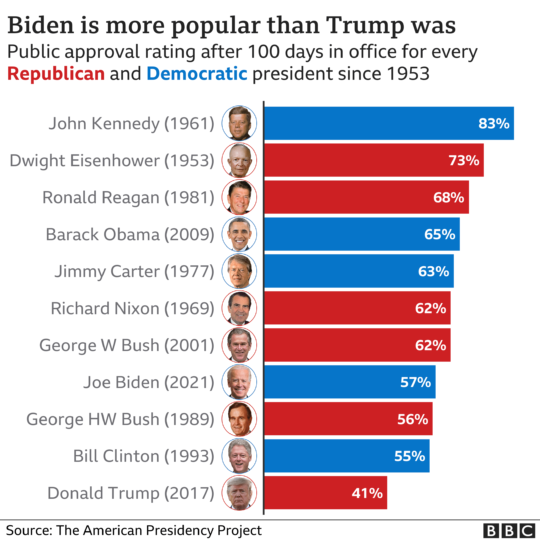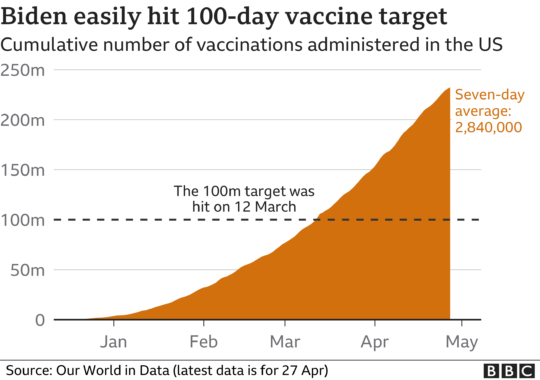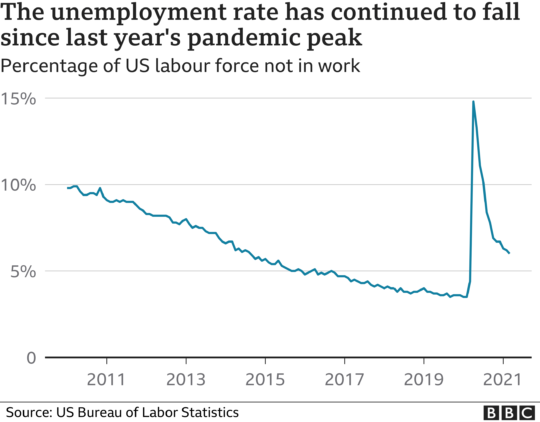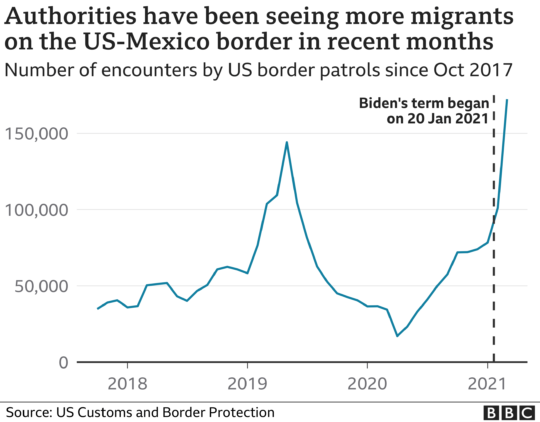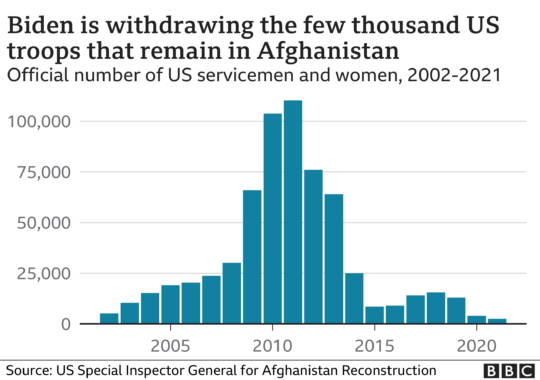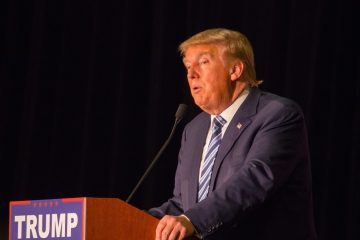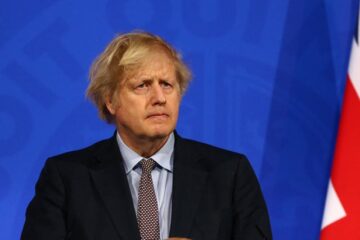By Ellie-Louise Style
It’s been 100 days since Joe Biden became President of the United States, so let’s take a look at what he’s achieved.
While there are many things to consider when looking at what Biden has changed in the past 100 days one of the biggest factors right now is the Coronavirus pandemic.
The US has had roughly 33 million cases and 576k deaths since the pandemic began.
On the 20th of January only weeks after Biden got into office, he announced an American Rescue Plan, which has funded vaccinations and provided direct relief to families.
Back in March, he announced a multi-trillion spending package for infrastructure intending to make the economy more productive.
Biden has had a slow and steady approach so far in his presidency, but with changes being quick throughout Trump’s presidency anyone is bound to look a little slower.
Public opinion polls have been released recently which saw Biden at 59%. He was a lot higher than Donald Trump, who came last with 42%.
However, he was marked quite low when you compare him to the historical standards. He is currently sitting in the 9th position. The presidency ranking polls have taken place since 1953.
Covid
Just when Trump was ending his presidency there were roughly 3,000 deaths due to Covid-19 per day. Since Biden has taken office the seven-day average is now 707, which is a dramatic difference.
This is mainly due to the president’s vaccination rollout. Approximately 200 million American’s have now had the first dose of a vaccine, which is roughly 52% of the entire US adult population.
There is a major difference in how the Democrats have approached the vaccination rollout compared to how the Republicans handled it. In this case, the Democrats have proven to be a lot more involved, whereas the Trump administration decided to give the vaccination power to each state.
Aside from this Biden has hit his 100-day vaccine target, which was reached on the 12th of March.
There are some challenges for him shortly though and this will include persuading people who are against the vaccine.
Economy
It’s not new news that there have been a lot of economic consequences because of Covid-19. Most American’s say this is the top issue that the country is facing today.
In February 2021 Biden announced that there would be a 1.9 trillion aid package, which was later passed by Congress. This has included direct payments to many American families, funds for businesses, state governments, extended unemployment benefits and child-aid support.
It has been estimated that this will be able to reduce the youth poverty rate by at least half.
The unemployment rate has continued to fall since he was sworn in and it is predicted to fall to 6%. Even though this rate hasn’t been seen since the 1980’s it’s still lower than what it was a few months ago.
The data is suggesting that the unemployment rate is dropping, businesses are now reopening and the stock market is rising.
Immigration
According to reports, there are now more migrants on the US-Mexico border in recent months.
It’s one of the highest levels that there has been seen since 2019. This has led to there being record levels of undocumented migrants, because of the surge.
Because of the recent high levels of migrants at the border, the processing facilities are now becoming overwhelmed.
This has caused the left to get angrier, as Biden hasn’t raised the cap for refugee resettlement from 15,000 to 125,000. However, the White House has said in a statement that a higher figure would be released in May.
Environment
One of the first things that Biden did when he took over the office was getting America to re-join the Paris Climate Accord.
On the 27th of January, he then paused oil and gas drilling leases of federal lands throughout the United States.
He’s always supported climate change and global warming and he’s continuing to push for substantive environmental policy reform.
In response to this, he has now cancelled the construction of the Keystone XL oil pipeline, which began during the Trump presidency. He has also reinstated regulations that were rolled back during the Trump Presidency.
Last week Biden pledged to cut US carbon emissions 50% below 2005 levels by 2030.
He has also announced a 2 trillion infrastructure package, which will include hundreds of billions of dollars for clean power generation, supporting electric vehicles, energy grid improvements, fossil-fuel site clean-up and climate research.
More recently he has announced that China and the US have secured a joint commitment to work together on climate change.
Green New Deal advocates have commented about all of Biden’s work to tackle climate change by saying his “spending is insufficient”, however, they have recognised that this is one of the most ambitious efforts by any president.
Foreign policy
It’s known that Biden wanted to move away from Trump’s “America First” foreign policy.
During the Trump presidency, there was a decision to start withdrawing the US troops from Afghanistan, this is something that is still going ahead, as Biden missed the 1st of May deadline to negotiate a pull-out. Afghanistan has been under US occupation for the past 20 years.
Biden has been a little slow to return to the negotiating table with Iran since Donald Trump decided to withdraw the US from the nuclear agreement.
Biden has now imposed new banking sanctions towards Russia and there have also been talks with the Chinese over human rights violations.
Trade
Free trade is a net positive for the United States, as it helps open markets as well as boost commerce.
To reduce trading costs George HW Bush signed the NAFTA agreement, which was between Canada, the US and Mexico.
In 1999 Bill Clinton outlined his schedule for the World Trade Organisation negotiations and in 2000 the House of Representatives voted in favour of China to join WTO.
Most recently Obama proposed a trans-pacific partnership, which was a trade agreement between Australia, Brunei, Chile, Japan, Malaysia, New Zealand, Peru, Singapore, Canada, Vietnam and the United States. It was signed on the 4th of February 2016.
However, Trump scrapped most of these and instead opened tariffs and the threat of trade reprisals to advance US economic interests.
Biden has done little to reverse any of these changes by Trump. Chinese tariffs are still there and he re-imposed a tariff on UAE aluminium, which Trump lifted on his last day of office.
Biden has eased some tariffs on the EU and UK, for instance, Scottish whiskies. However, it’s rumoured that he may put a tariff on British goods in retaliation for a UK tax on tech firms.

